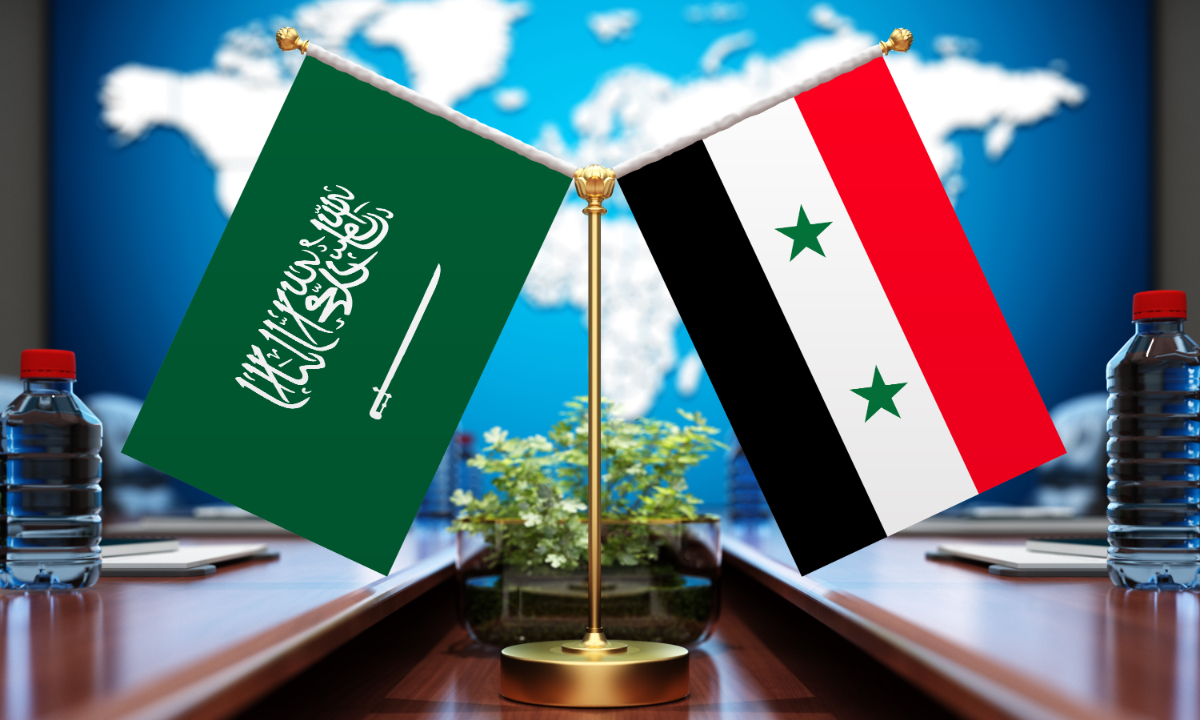
Photo: VCG
China on Friday welcomed the agreement of Saudi Arabia and Syria to reopen embassies and expressed firm support to Arab states' strengthening of coordination and strategic independence, which is in stark contrast with the US' attempts to thwart regional reconciliation in the Middle East, analysts said.Syria's return to the Arab fold is conducive to Arab states' unity and revitalization, and China firmly supports Arab states' strengthening of coordination and strategic independence to jointly boost regional stability and development, Chinese Foreign Ministry spokesperson Mao Ning told a press conference on Friday.
Mao's remarks came after Syria and Saudi Arabia reportedly agreed to reopen their embassies for each other after cutting diplomatic ties for more than a decade. Chinese analysts hailed the news, saying that if confirmed, it will be the latest positive signal to boost peace and stability in the Middle East since Saudi Arabia and Iran announced they would reopen embassies after China-mediated talks in Beijing.
Reuters reported that the two governments were "preparing to reopen embassies after Eid al-Fitr" and said that the "re-establishment of ties between Riyadh and Damascus would mark the most significant development" in moves by Arab states to normalize ties with the Syria government.
The normalization of relations between Iran and Saudi Arabia helped the mitigation of relations between Syria and Arab states, especially Saudi Arabia and the UAE, Sun Degang, director of the Center for Middle Eastern Studies at Fudan University, told the Global Times on Friday.
The trend for reconciliation in the Middle East, which started in 2021, has accelerated in recent months with the resumption of Iran-Saudi Arabia relations being a landmark achievement, and it will further advance with a favorable atmosphere, said Sun.
China, Iran and Saudi Arabia
released a joint statement on March 10, saying Iran and Saudi Arabia have agreed to re-establish ties and reopen embassies within two months after a negotiation meeting in Beijing. The move is seen as a breakthrough in bilateral relations for the two longtime regional foes, with many analysts praising the efforts made by the two countries and China in seeking peaceful settlements to disputes amid global uncertainties.
Sun noted that since the Ukraine crisis, the Middle East has seen fewer proxy wars manipulated by some major powers, which has created a good atmosphere for regional countries to alleviate tensions. Countries including China are also working with people inside the region to promote talks, while the Arab fold is also working to boost internal unity, he said.
After a devastating earthquake struck Turkey and Syria in February, Saudi Arabia, together with China and Russia, were among the first countries to come to war-torn Syria's aid, while the US and Western countries refused to lift unilateral sanctions to speed up efforts to rescue trapped Syrian people.
More improvements have been made by regional countries in alleviating relations over the past weeks. For example, Syrian President Bashar Al-Assad met with UAE leaders in Abu Dhabi on March 19 and the trip came after a visit to Oman last month. The two trips have been his only official engagements in Arab countries since the start of the Syrian war in 2011, Al Jazeera reported.
However, the current situation in the Middle East, especially the thawing of relations between Syria and the Arab fold, may not be what the US wants to see, and it may well interfere in these efforts, said analysts.
The US has opposed moves by regional countries to normalize ties with the Syrian government.
When asked about the rapprochement between Syria and Saudi Arabia, a US State Department spokesperson was reported by Reuters as saying on Thursday that it would not encourage other countries to normalize ties with the Syrian government.
Also on Thursday night, the US military carried out multiple air strikes in Syria against "Iran-aligned groups" that it blamed for a drone attack that killed an American contractor, wounded another and also hurt five US troops, Reuters reported.
The US has long been a destroyer rather than a builder in the Middle East, which sits in stark contrast with China's efforts to promote peace and dialogue. Instead of offering assistance to facilitate regional development, the US has only brought war, confrontation and turbulence to the region. Regional countries also have a better understanding of the damage done by the US to the world, which is why they trust China more, said analysts.
For the US, a divided Middle East fits its own strategy, as it is working to form an anti-Iran alliance in the region. But the regional countries, especially Saudi Arabia, are seeking strategic independence instead of being the US' spearhead to fight Iran, Sun said, noting that the regional countries share different goals from the US and are not willing to sacrifice themselves for US interests, and they will also work to prevent the US' attempts to thwart reconciliation efforts.




